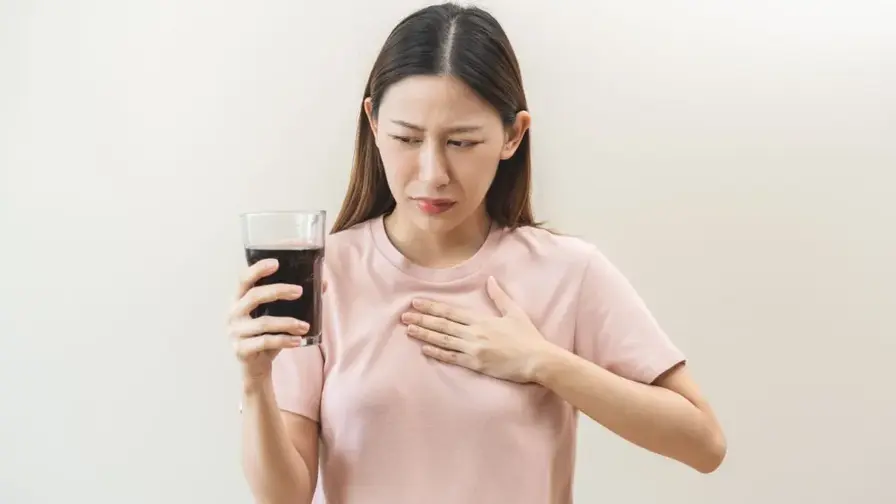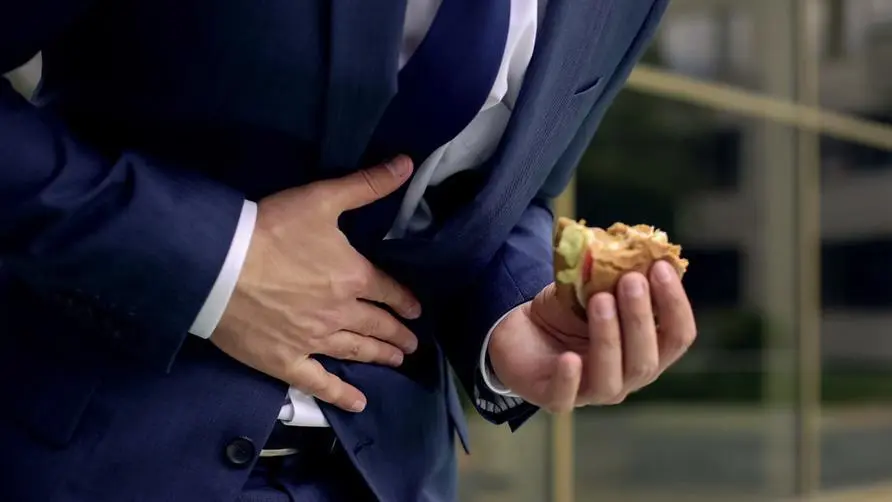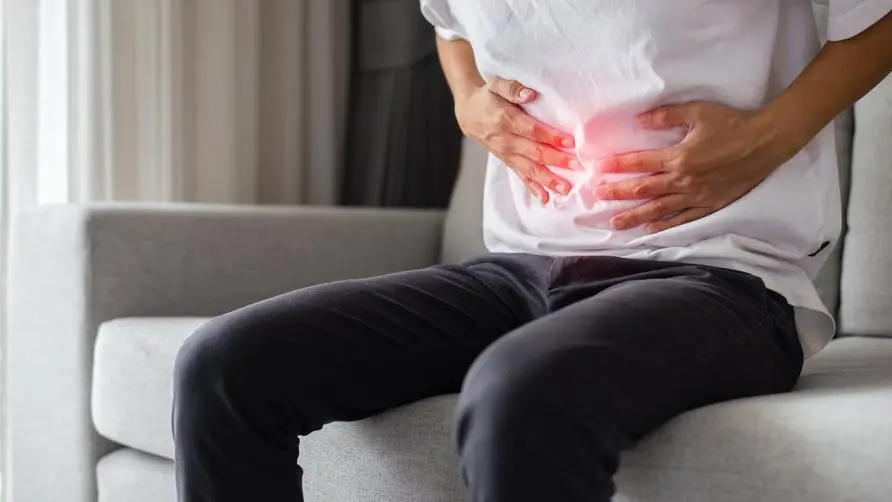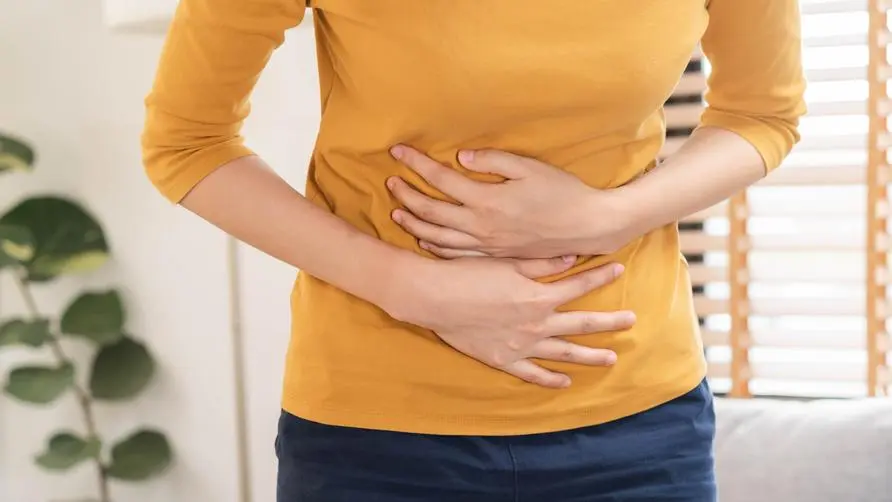Not just coffee and sweets? "5 foods" can also cause gastroesophageal reflux! Nutritionists teach 6 tips for improvement
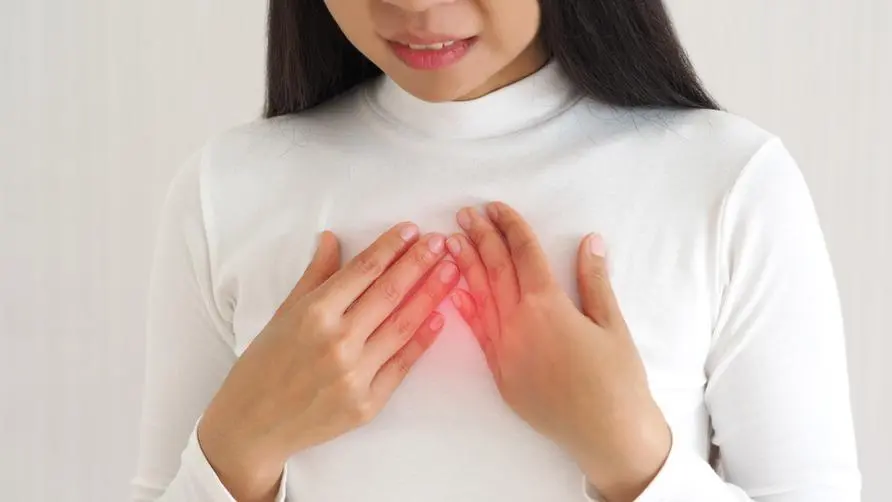
Not just coffee and sweets! 5 “irritating foods” can easily cause gastroesophageal reflux
“Drinking coffee and eating sweets will cause gastroesophageal reflux?” is an advertising line that is very familiar to Taiwanese people. Modern people are busy with work and tend to have abnormal work and rest schedules. Gastroesophageal reflux has gradually become a civilized disease among middle-aged and middle-aged people. Symptoms need to be alleviated by changing living habits. Nutritionist Yu Zhuqing pointed out in a social post that there are many causes of gastroesophageal reflux, and not only people with poor gastrointestinal function are at risk of the disease.
Nutritionist Yu Zhuqing said that the most direct impact of gastroesophageal reflux is still improper eating behavior. In particular, modern people’s Westernized diet and unhealthy eating behaviors driven by stress or anxiety are more likely to cause gastroesophageal reflux. If you feel that your gastroesophageal reflux is serious, in addition to seeking medical treatment as soon as possible, you should also try to avoid the following foods:
Caffeine drinks. Office workers need a cup of coffee every day, as well as higher-concentration green tea, oolong tea and other tea drinks, which are more likely to cause gastroesophageal reflux; in addition, drinking coffee or tea on an empty stomach is more likely to cause a large amount of gastric acid secretion, cause discomfort, and cause esophageal reflux. The lower cardiac sphincter relaxes, causing gastroesophageal reflux.
Spicy food. Heavy-tasting or highly irritating foods, such as peppers, garlic, mint and other spices, will irritate the gastric mucosa and increase the chance of gastric ulcers and gastroesophageal reflux.
Sweets or fried foods. Many people enjoy eating sweets or fried foods as an afternoon snack or late-night snack. Nutritionist Yu Zhuqing emphasized that diets high in sugar and oil, as well as indigestible foods such as glutinous rice, are more likely to cause gastroesophageal reflux, and called on patients to reduce their intake to avoid gastric discomfort or obesity.
Carbonated drinks. Carbonated drinks often consumed at parties may not only contain too much sugar and cause excessive gastric acid secretion, but also may cause gastroesophageal reflux attacks when paired with spicy hot pot, barbecue and other foods. It is recommended that if you pursue a bubble taste, you can drink colorless and odorless sparkling water in moderation.
Acidic foods. Although acidic fruits or fruit products, such as lemons, pineapples, kiwis, etc., are rich in fiber and can help your health, excessive consumption can still stimulate gastric acid secretion and cause gastroesophageal reflux. It is recommended to consume it in moderation.
Don’t lie down immediately after eating! Nutritionists teach 6 tricks to improve “overflowing acidity”
In addition to reducing the intake of the above foods, nutritionist Yu Zhuqing emphasized that improving work, rest and eating patterns can also help relieve the discomfort caused by gastroesophageal reflux. Generally speaking, people can start by:
Improve eating habits. Eating should be based on regular and quantitative meals. Do not overeat or eat too fast, which can easily lead to flatulence and gastroesophageal reflux.
Do not lie down after eating. Do not lie down immediately after eating. You should get up and move for at least 30 minutes. If you are wearing a belt, remember not to tighten the belt too tightly.
Quit smoking and alcohol addiction. Smoking can reduce the pressure of the esophageal sphincter, affect the closure of the cardia, and cause gastroesophageal reflux. In addition, alcohol can cause stomach irritation, so patients with gastroesophageal reflux should try to quit smoking and drink responsibly.
Avoid eating before going to bed. Office workers should avoid eating too late or eating late-night snacks to prevent acid reflux after lying down at night. In addition, eating too late will also overload the stomach and lead to indigestion.
People who are overweight must lose weight. Obesity is a high risk factor for gastroesophageal reflux, so obese people should lose weight appropriately.
Eat a stomach-protecting diet. Patients with gastroesophageal reflux can add foods with the effect of “repairing the gastric mucosa” to their diet, such as yams, mushrooms, okra, burdock, etc. Foods with anti-inflammatory ingredients, such as cabbage, tea oil or sesame oil, can also be taken in moderation.
Extended reading:


